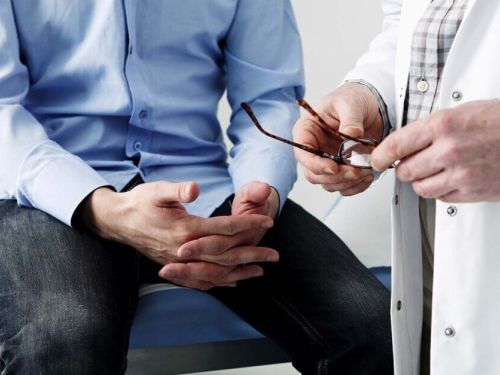What You Need to Know About Contact Tracers and How to Spot a Fake One.
Contact tracers have worked in public health for more than 100 years, helping to control and contain diseases to keep them from spreading.

Contact tracers have worked in public health for more than 100 years, helping to control and contain diseases to keep them from spreading. The current Covid-19 pandemic has kept them busy and has also created a need for more workers to help out.
The demand is so great that professionals from varying backgrounds are being recruited around the country to help handle the load.
Here’s why the job is so important.
Covid-19 has to be controlled, contained and stopped. That’s the end goal. In order to get there, people who may be infected or have been exposed to someone who is, need to be contacted as quickly as possible, so they can get tested, isolate themselves from others, get treated, if needed and also take further measures, if required.
Thanks to technology, contact tracers today have more ways to alert people, along with using traditional snail mail, emails, calls and text messages. The sooner a person can be reached, the sooner they will know what steps they need to take. And the sooner others who they came in contact with can be notified of their potential risk.
If you or someone you know receives a message from a contact tracer with the local health department, you may be asked a series of questions to help determine:
- Where you may have traveled to in the last two weeks
- Who you came contact with in the last two weeks
- Places you visited or events you attended in the last two weeks
- If you are having any symptoms? If so, what are they and how mild or severe?
Be sure to answer the questions to the best of your ability, as you are going to be asked recall where you have been and who you came in contact with over a two-week (or longer) time.
You will need to be patient as the contact tracer asks questions and takes your information. Be aware that the interview could last 15 minutes or longer. They follow a script and a strict set of protocols.
Make sure you are talking to an actual contact tracer.
The demand for contact tracer jobs has created a market for identity thieves and scammers. Sadly, there are bad actors who are pretending to be contact tracers. Like legitimate contact tracers, they are after information. Just the wrong kind.
Hang up on any caller and/or delete any messages asking you to provide sensitive health and financial information.
Contact tracers do not and will not:
- Ask you for money.
- Ask questions to try to trick you into giving your bank or credit card information.
- Try to trick you into giving them your Social Security, Medicare, Medicaid numbers
If you think you may have responded to a potential scammer, file a report with the Federal Trade Commission and contact your local health department to confirm that they were source of the outreach.



